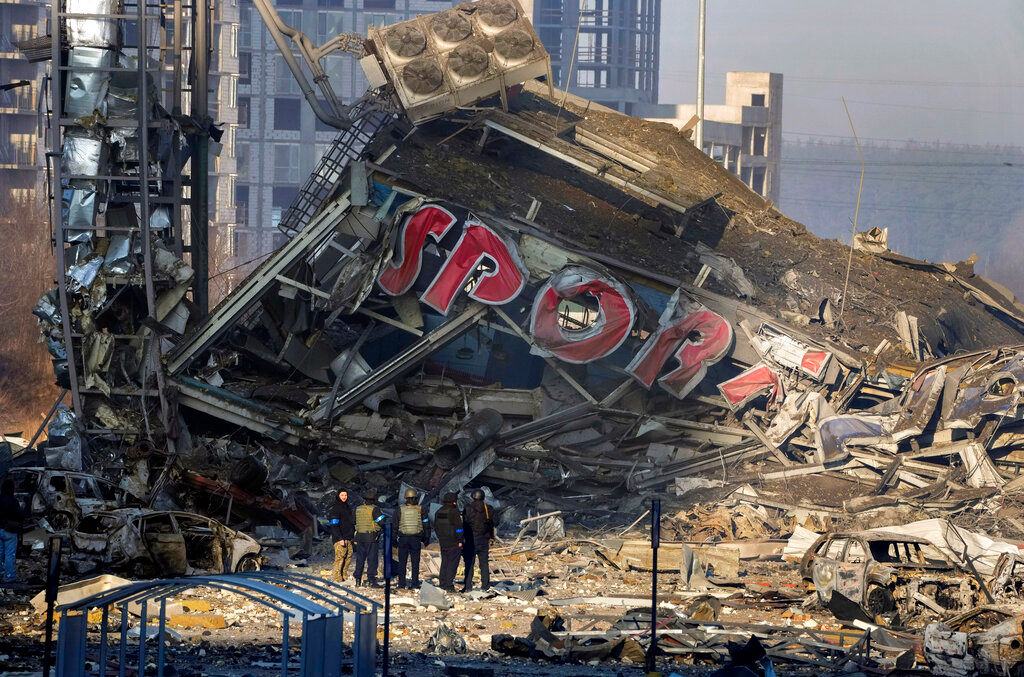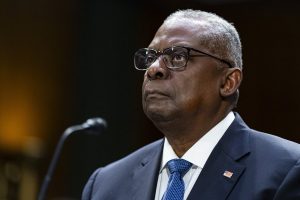Four days after
invading Ukraine, Russian President Vladimir Putin, on February 28, announced
that the country’s strategic nuclear forces have been put on alert sending
shockwaves through the world. Putin’s nuclear-talk was severely derided by the
international community who called such an announcement, by the leader of a
country which owns the highest number of nuclear warheads, dangerous and
tantamount to blackmail.
Now, the Kremlin has
come out to explain when and under what circumstances could Russia consider the
use of nuclear weapons. Dmitry Peskov, a spokesperson for the Kremlin, said
Tuesday that Russia will only use nuclear weapons if it were facing an
existential threat.
Also Read | US to ease visa processes for Ukrainians fleeing Russian attack: Report
“We have a concept
of domestic security, and it’s public. You can read all the reasons for nuclear
to be used,” Peskov told CNN International after he was egged on by the anchor on
whether he was “convinced or confident” that President Vladimir Putin would not
use nuclear in context of Ukraine.
“So, if it is an
existential threat for our country, then it can be used according to our
context,” Peskov said.
Also Read | Putin spokesman says nuclear options not yet ruled out of Russia-Ukraine war
Responding to
Peskov’s statement, Pentagon spokesperson John Kirbey said that Moscow’s rhetoric
on potential use of nuclear weapons “dangerous.” Kirbey, however, did add that
the United States hasn’t seen anything “that would lead us to conclude that we
need to change our strategic deterrent posture.”
When Putin put its
nuclear warheads on alert, the Russian defence ministry said its nuclear missile
forces and Northern and Pacific fleets have been put on enhanced combat duty.
Meanwhile, the Kremlin
has urged the United States to stop escalating tensions if it wishes to
normalise ties with Moscow. Russian Foreign Minister Sergei Ryabkov said, “The
(the US) need to stop their escalation, both verbally and in terms of pumping
the Kyiv regime with weapons.” The US must also stop threatening Russia,
Ryabkov added.
Amid such calls,
the United States and its Western allies have begun assessing whether Russia
should remain in the G-20 (Group of 20), a grouping of major economies, Reuters
reported quoting sources. However, with countries such as China, India, Saudi
Arabia and others in the mix, there’s a likelihood that any bid to exclude
Russia may be vetoed.







